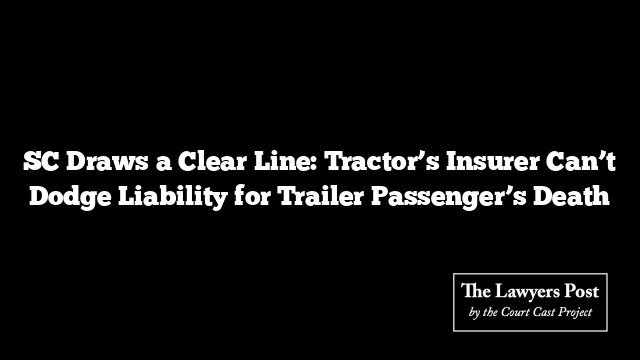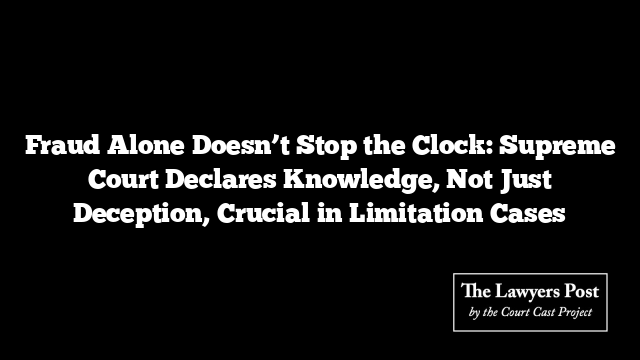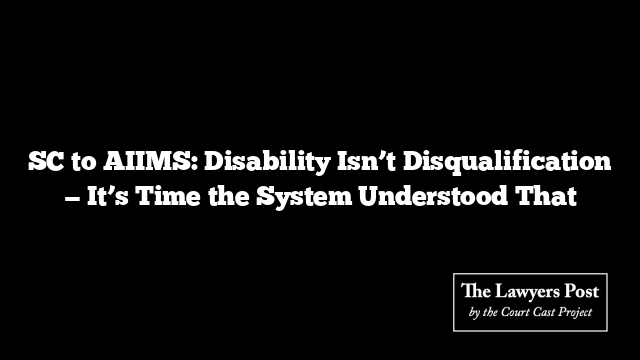In a firm rebuke to insurance hair-splitting, the Supreme Court has ruled that a tractor’s insurer remains liable for an accident—even if the trailer it was towing wasn’t separately insured—so long as the tractor was the root cause of the crash.
The case stemmed from a tragic incident: a woman riding on a trailer lost her life when it flipped over due to the reckless driving of an insured tractor. The insurance company balked at paying compensation, arguing that the trailer wasn’t covered. But the apex court wasn’t having it.
A bench comprising Justices Sudhanshu Dhulia and Ahsanuddin Amanullah shut down the insurer’s appeal, backing an earlier Motor Accident Claims Tribunal (MACT) order that held the company responsible. The justices made it clear: when the trailer is hitched to the insured tractor and the accident is a direct result of that connection, the insurer can’t wash its hands of third-party liability.
The judgment, penned by Justice Amanullah, left no room for creative interpretations: “The trailer was not acting independently. It was being pulled by the insured tractor. The tractor’s negligence caused the trailer to overturn. That’s the accident. That’s the liability.”
The court emphasized that if the trailer had flipped while stationary or disconnected from the tractor, and if that mishap was unrelated to the tractor, the insurer might have had a case. But that’s not what happened here.
To further cement its stance, the bench endorsed a prior ruling from the Andhra Pradesh High Court (United India Insurance Co. Ltd. v. Koduru Bhagyamma), which had clarified that a trailer, while attached to a tractor, becomes a functional extension of it—and doesn’t require separate insurance.
In the end, the Court upheld the compensation award and declared the insurer’s attempt to dodge liability a non-starter.
No room for fine print here—the tractor was at the wheel, and the insurer’s on the hook.





